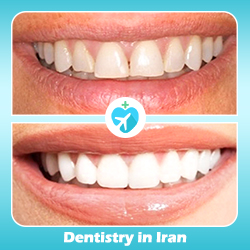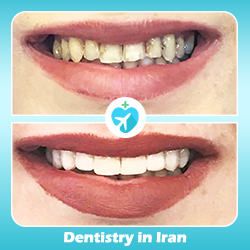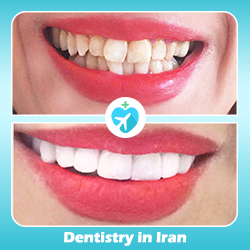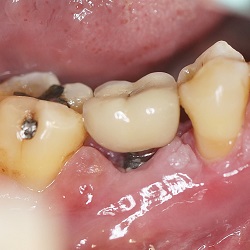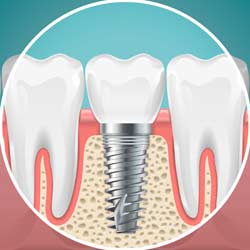Dentures, commonly known as ‘false teeth’, are replacements for your missing natural teeth, which both improve your appearance and smile and serve the function of chewing. These removable appliances are cheaper than other alternatives, i.e. dental implants (and crowns) and dental bridges, but require greater care for proper maintenance.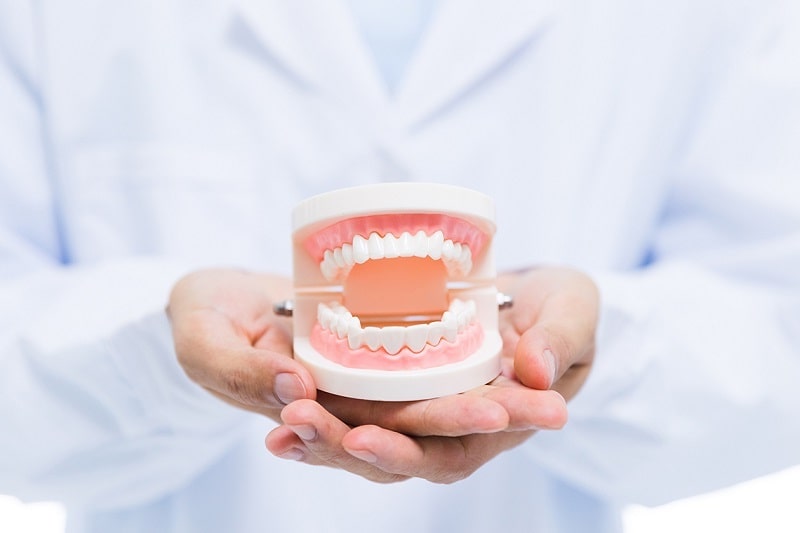
Whether you have full or partial dentures, you need to take great care of them and maintain good oral hygiene in order to prevent oral diseases and bacterial infections. False teeth also need regular maintenance and cleaning to be able to last longer and stay in good shape because the acid and bacteria that remain on dentures can break down their material and shorten their lifespan.
In this article, we are going to provide you with a few tips for taking care of your dentures.
Cleaning dentures
Cleaning is the first step in taking care of false teeth. Cleaning dentures regularly is essential in keeping your dentures in good shape and your mouth in good health. Food debris and beverages react with natural enzymes present in saliva, creating a breeding ground for bacterial growth, which in turn not only causes your mouth to give off a foul odor and taste sour, but also is detrimental to your health.
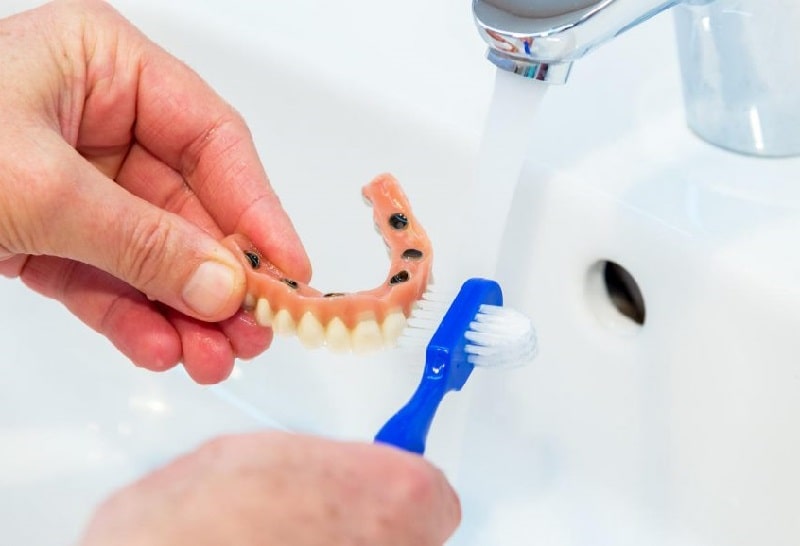
Cleaning is the first step in taking care of your dentures.
A good oral and dental hygiene is the best way to prevent all these problems, no matter you have natural teeth or are a denture wearer. However, most denture wearers don’t have a clear understanding of how to clean dentures. Here are a few practical guidelines for cleaning dentures.
- It is recommended that you remove and rinse your false teeth with running water after each meal to remove food particles and prevent dental plaque and stains. If this is not always possible for you, rinse your dentures at least once a day with a denture cleanser, mild dishwashing or liquid hand soap to keep stains and plaque at bay. If you use denture adhesives, make sure to remove adhesive residue first using warm water and a soft brush, if it is cream or strip, and with a soft moist cloth, if it is powder.
- Place your dentures in water or a denture solution when not using them, including when you are in bed. This helps them retain their shape by preventing them from drying as well as keeps them germ-free. Besides, your gums need a rest and you should give them a break once in a while. Soaking solutions can be homemade (half-water, half-vinegar, for example) or the commercially available products on the market. Be sure to rinse your dentures with water thoroughly after soaking them in solutions and before having them in again because the chemicals in the solutions can cause vomiting, burn, or pain.
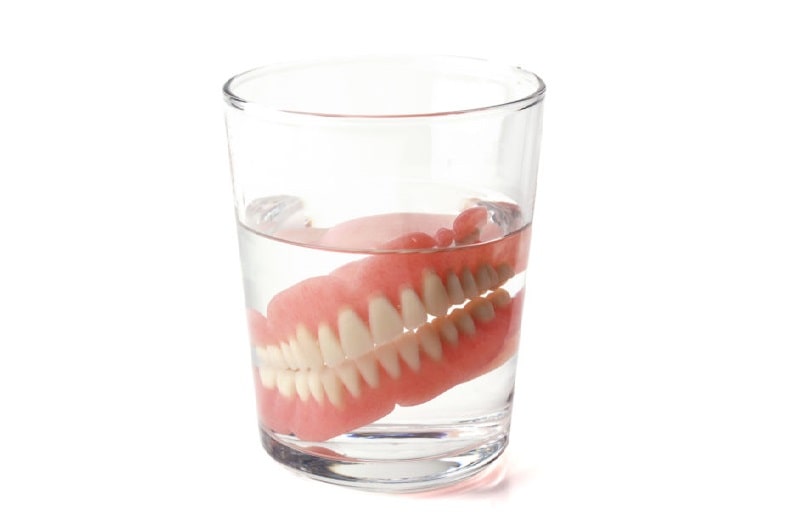
Placing dentures in water or soaking solution overnight keeps dentures clean and prevent them from drying.
- Use a soft-bristle brush to clean your dentures without toothpaste. This is an effective way to remove soft food buildup from the dentures. You can use commercial denture brushes that are specially designed for false teeth, which feature both a flat bristled head and a single-tufted head for cleaning hard-to-access parts.
- Do NOT use abrasive cleaning items to clean your dentures. Stiff-bristled brushes and harsh cleansers and toothpaste will corrode your dentures.
- Whitening toothpaste should be strictly avoided because it is abrasive and can seriously damage your dentures.
- Avoid bleaching products because they damage dentures and change their color. Also, don’t soak false teeth with metal parts in solutions that contain chloride, because it will corrode the metal.
- Do NOT use hot water for cleaning dentures or soaking them overnight. This will warp the dentures.
Handling dentures
Dentures should be handled carefully because they are delicate and if you drop them, they may break. A good idea to reduce the risk of breaking the dentures while you are cleaning them is to do this while holding them over a towel or a sink filled with water.
Make sure to keep your dentures out of reach of children and pets. For dentures to maintain their shape and not warping, they should be kept in room-temperature water, not hot water, when not being worn.
You have to be careful not to wrap your false teeth in paper towel because they might be mistaken for trash and be thrown away.
Denture adhesives
Denture adhesives, also known as denture adherents, are used to keep loose-fitting dentures in place. Coming in different forms (cream, powder, wafer, or strips), denture adhesives are widely used by denture wearers. However, since most of them contain zinc, their safety is in question. Besides tasting bad and giving an uncomfortable feeling, adhesives may cause zinc poisoning and neurological problems if used in excessive amounts.
If you have to use denture adhesives, be sure to strictly follow the instructions provided with the product. They should clearly give directions as to how much adhesive you should apply each time and how long a tube of adhesive is expected to last; for example, a 2.4-ounce tube of denture adhesive should last seven to eight weeks for a person wearing full dentures. If the directions are not clear, seek advice from your dentist.
Denture adhesives should be used after your gum has completely healed, usually after 10 days. Consult with your doctor about when to start using adhesives. Keep in mind that adhesives should be removed before cleaning the dentures.
By and large, denture adhesives should be used in moderation if you need to use them and it is recommended to avoid using zinc-containing denture adhesives. Below you can see some of the brand names of denture adhesives with and without zinc.
Brand names of denture adhesives that contain zinc
- Super Poligrip Ultra Fresh
- Super Poligrip Original
- Super Poligrip Extra Care
- Fixodent Fresh
- Fixodent Original
- Fixodent Control
- Fixodent Control Plus Scope Flavor
- Fixodent Comfort
- Fixodent Complete
- Super-Haftcreme Extra Stark
Denture adhesives without zinc
- Super Poligrip Comfort Seal Strips
- Super Poligrip Free
- Super Poligrip Powder
- Fittydent Super Adhesive Cream
- Protefix Adhesive Cream, Extra-Strong
Denture relining
It takes a while for your dentures to acclimate to your mouth and for you to get used to eating and speaking with dentures. After that, you are expected to feel comfortable with your false teeth. However, dentures usually get loose and ill-fitting over time. This is because of a process called resorption in which the jaw bone mass declines because the body sees no need to retain the bone mass for holding teeth, resulting in the shrinkage of the gums.
Denture reline is the solution to poor-fitting dentures. It is a simple procedure that is done in a dental office or lab and involves reshaping the underside of the dentures so as to make them well-fitting and comfortable. There are two types of denture relining: soft reline and hard reline.
Soft reline
Soft relines is the best option for people who have their teeth extracted fairly recently and their gums are expected to further shrink in the future. In this procedure, a dentist uses a soft rubbery substance to add a lining to the denture where it rests on the gum to make it fit properly and more comfortable. A soft relining is a short procedure and takes some 30 minutes but it may require frequent fine-tuning. Although there are commercial ‘at-home’ soft relines products, it is recommended that you have your dentures relined by a professional dentist at their office.
Hard reline
Hard relines are done in a laboratory and involve replacing the inner-palate portion of the denture with a new acrylic material (the same material used in making dentures). Hard relines are more durable and is suitable for people who have been wearing dentures for a long time and their gum shrinkage seems to have stabilized. This procedure takes more time to complete and you need to be without your dentures for at least a day. Unlike soft relines that might be provided free of charge by the clinic where you had your dentures made, hard relines typically include an extra cost.
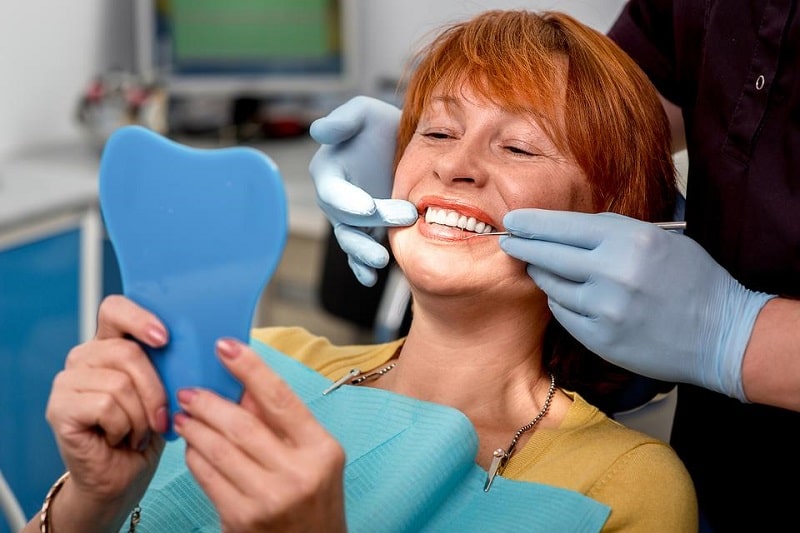
It is important to have regular dental and oral checkups.
Frequent dental checkups
It is highly recommended that you visit a dentist every few months to get your dentures and oral health examined. Regular visits allow for early diagnosis and treatment of potential conditions of your gums and adjustment and correction of any ill-fitting dentures and cracks. Always consult a qualified dentist if you experience any discomfort with your false teeth. Keep in mind that loose dentures can cause infection, sores, and irritation.

